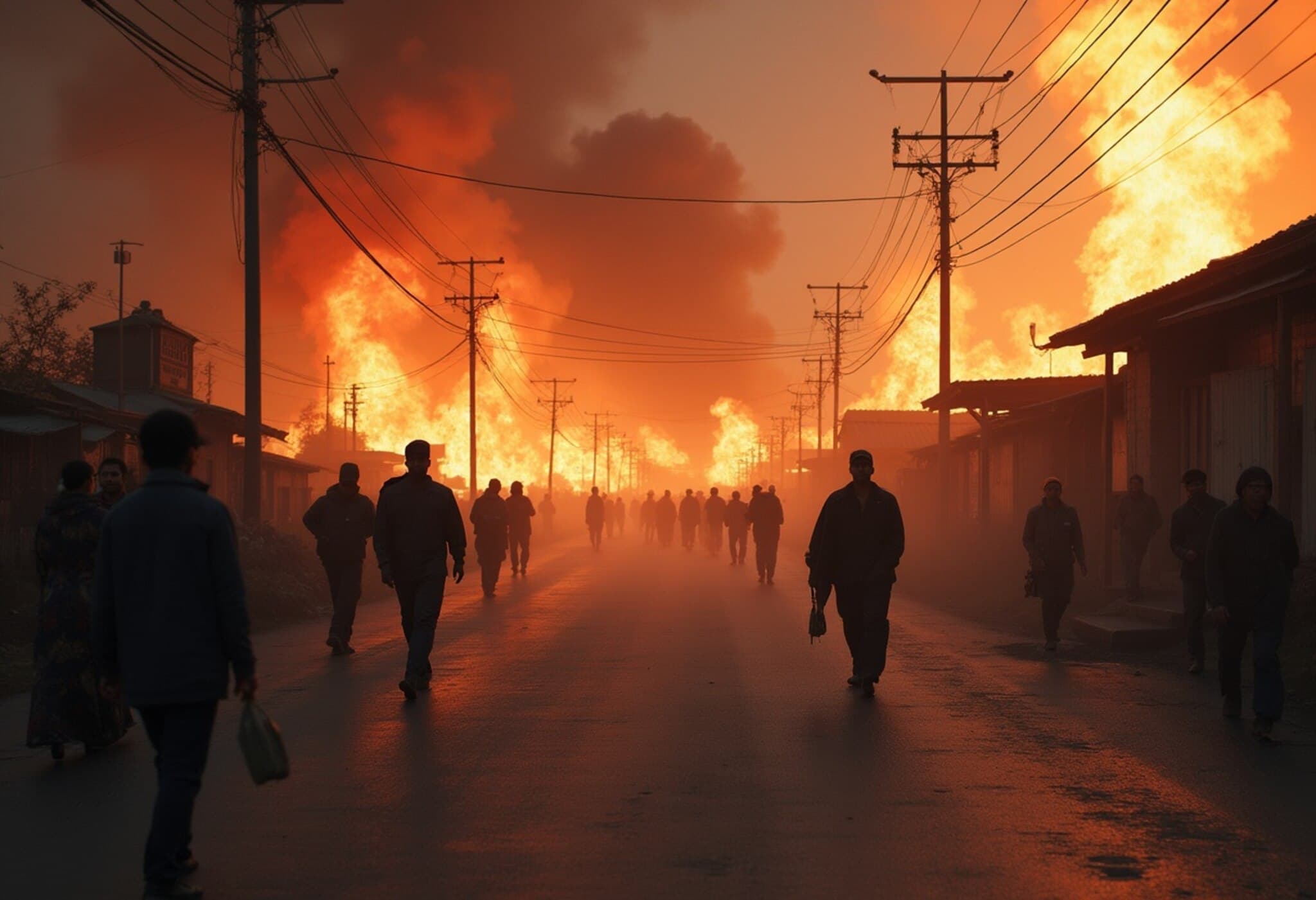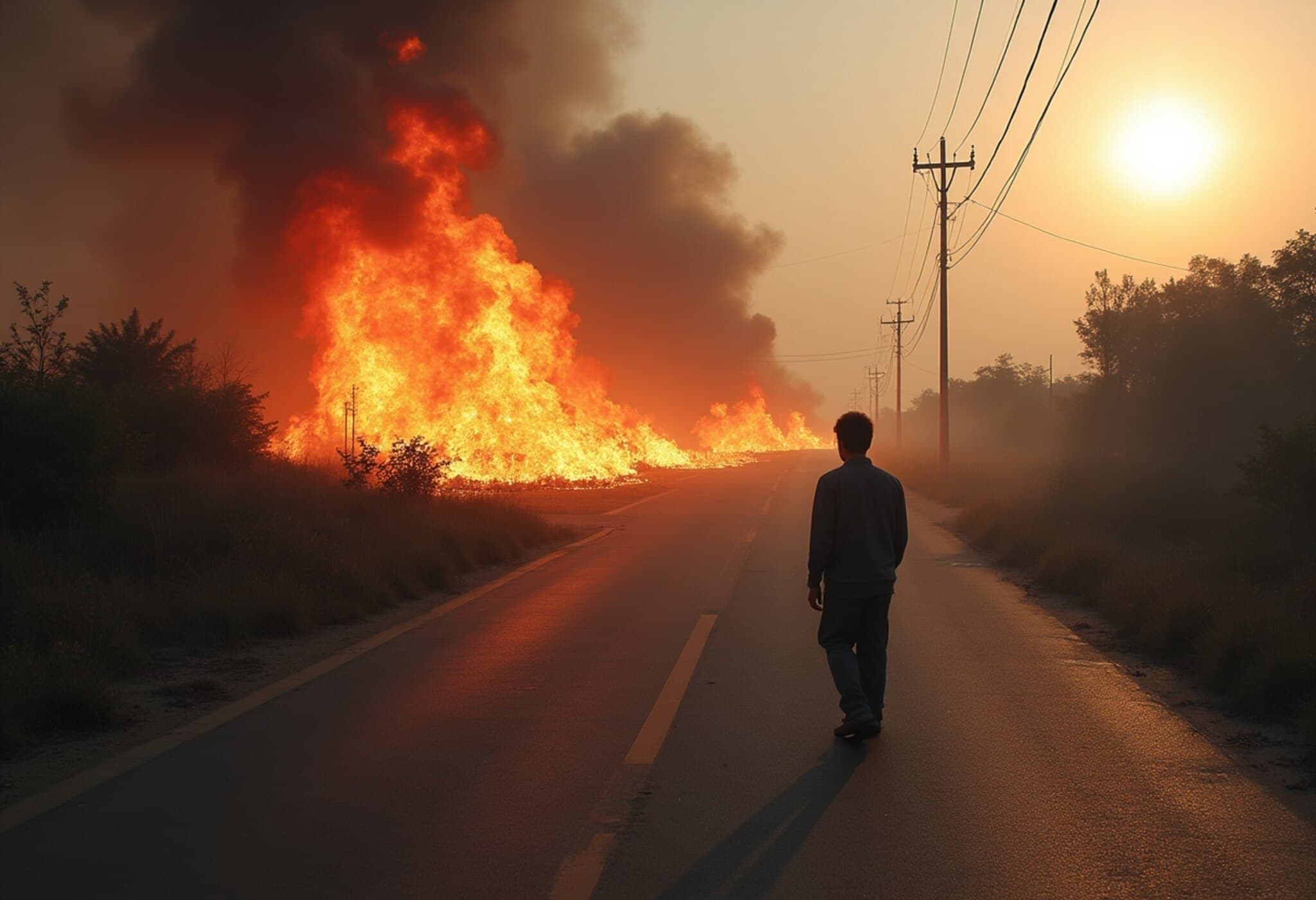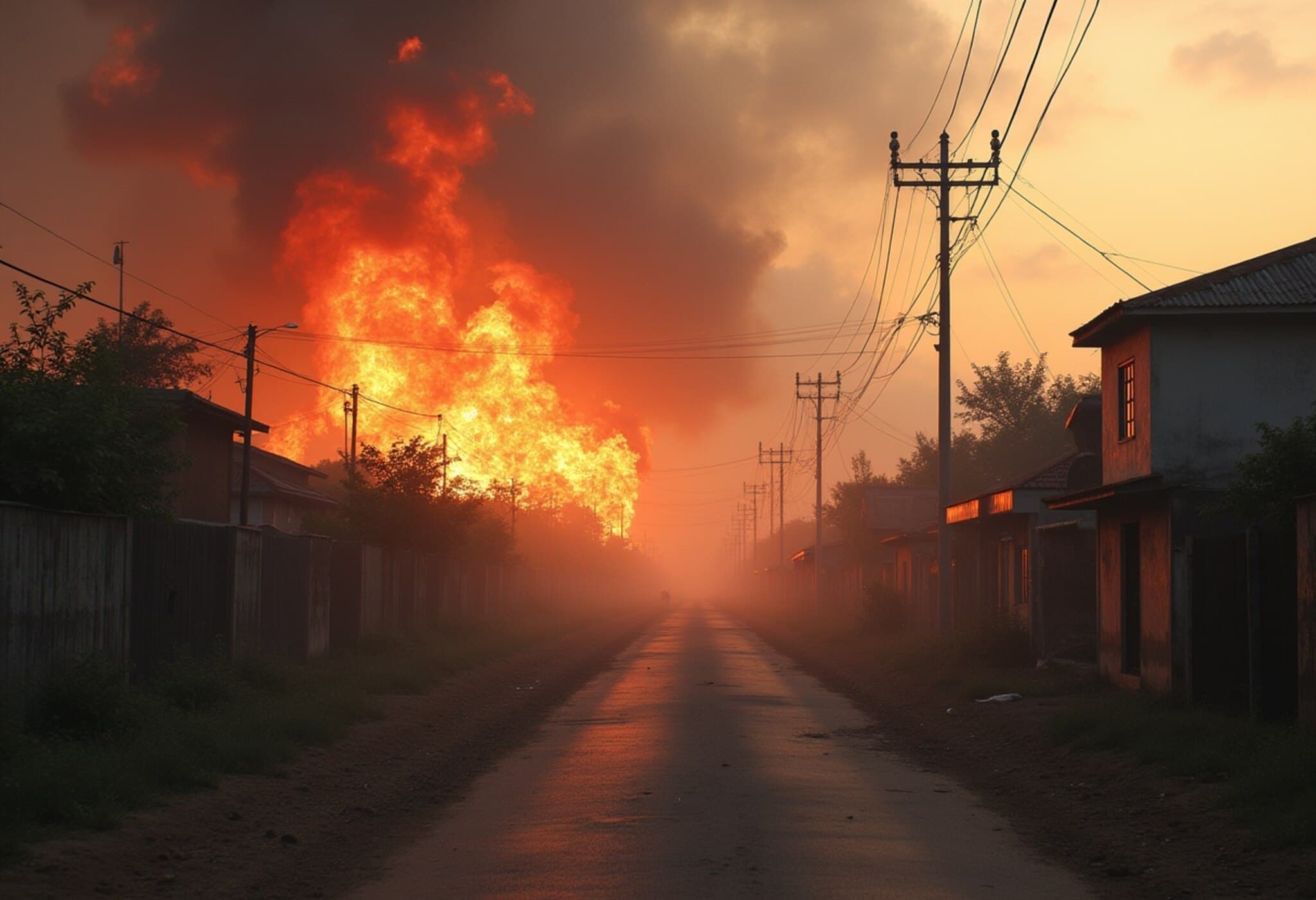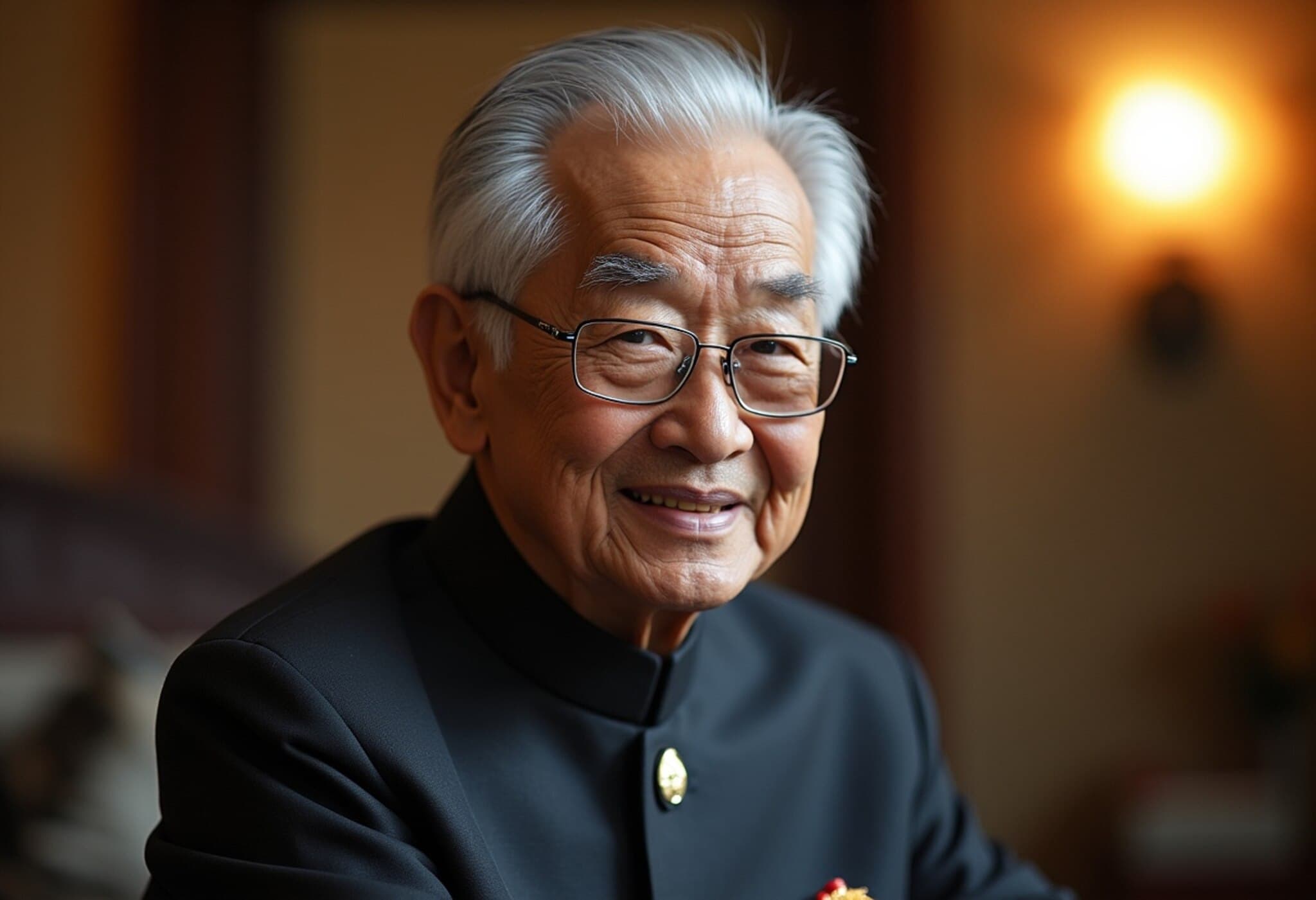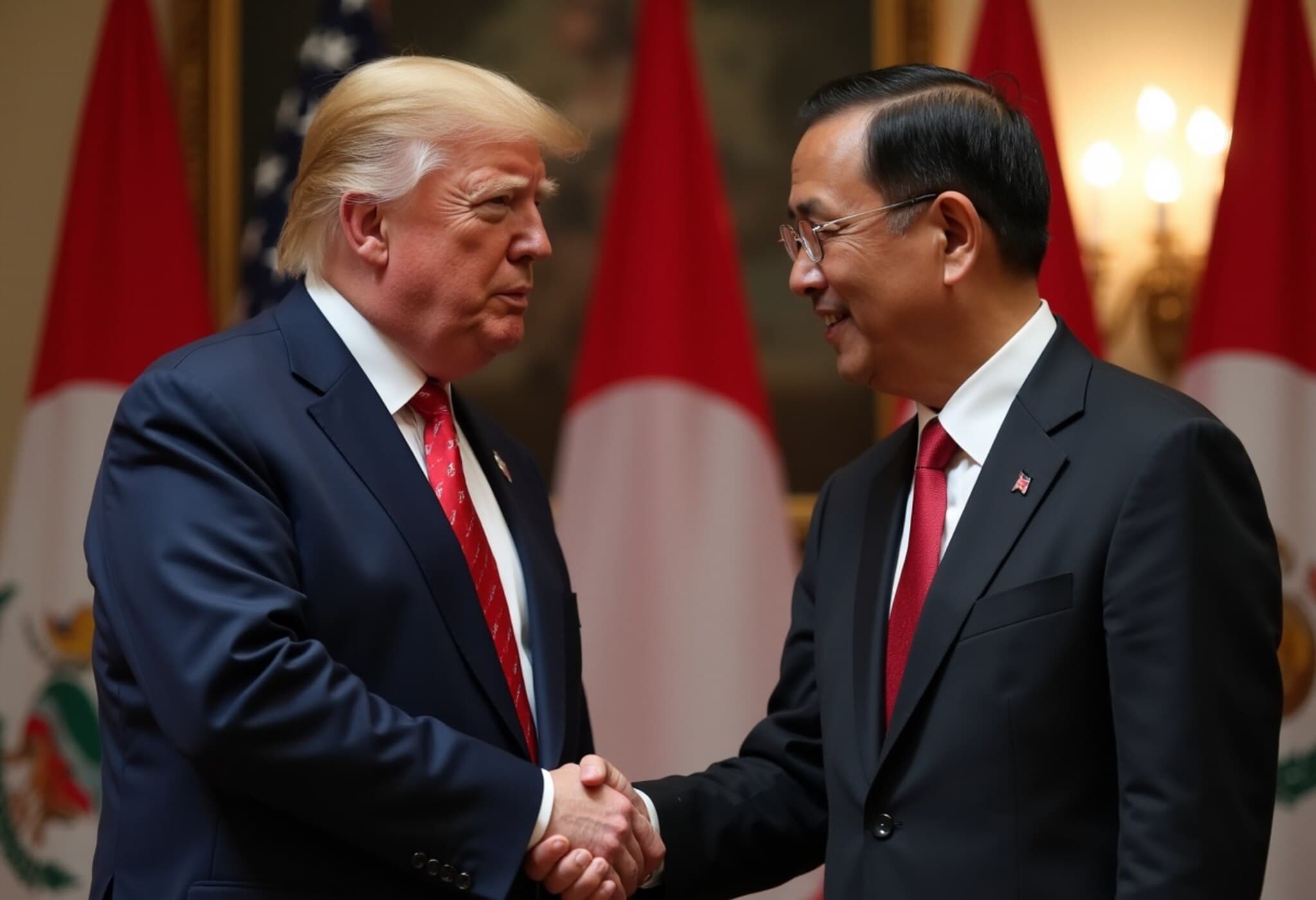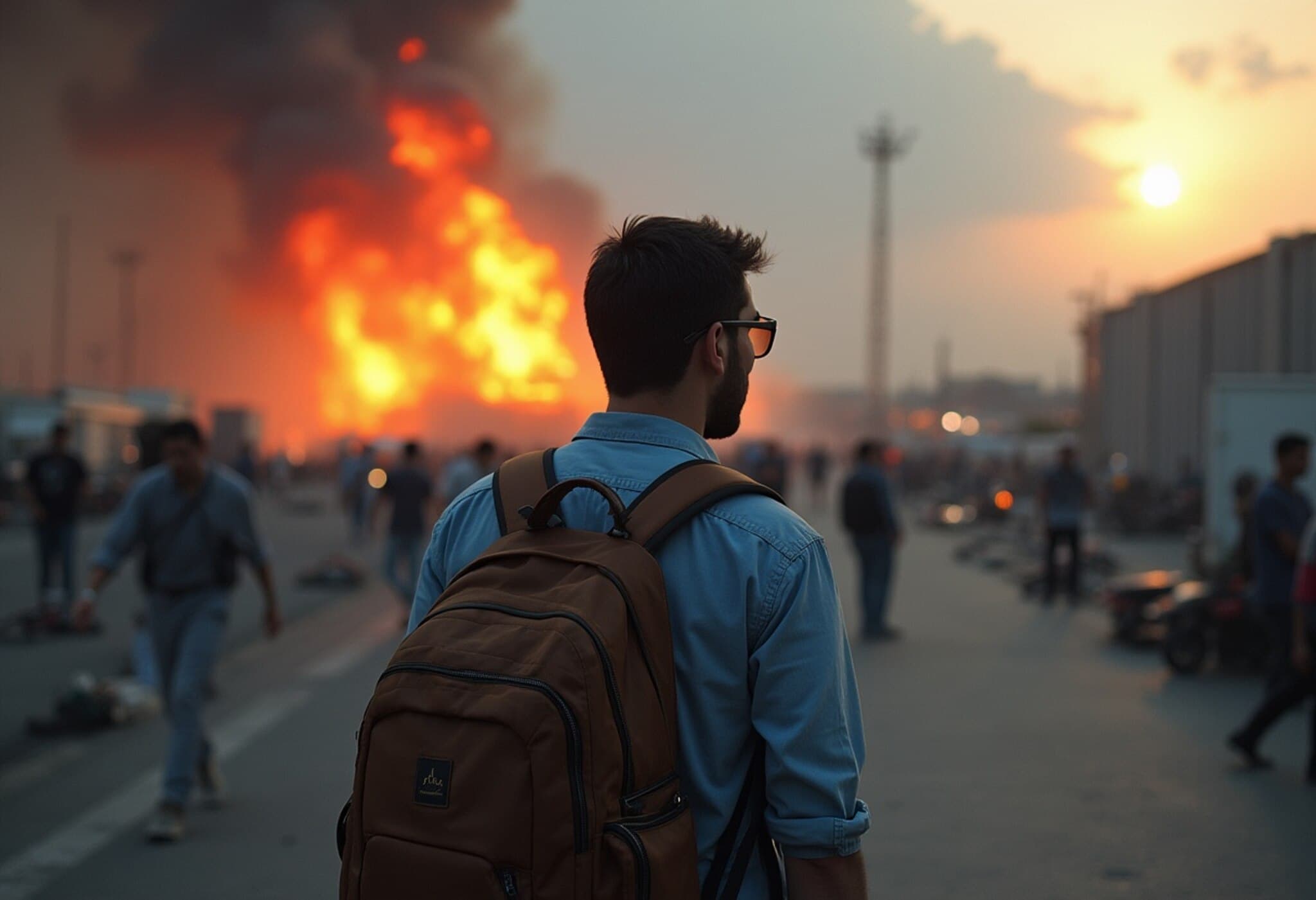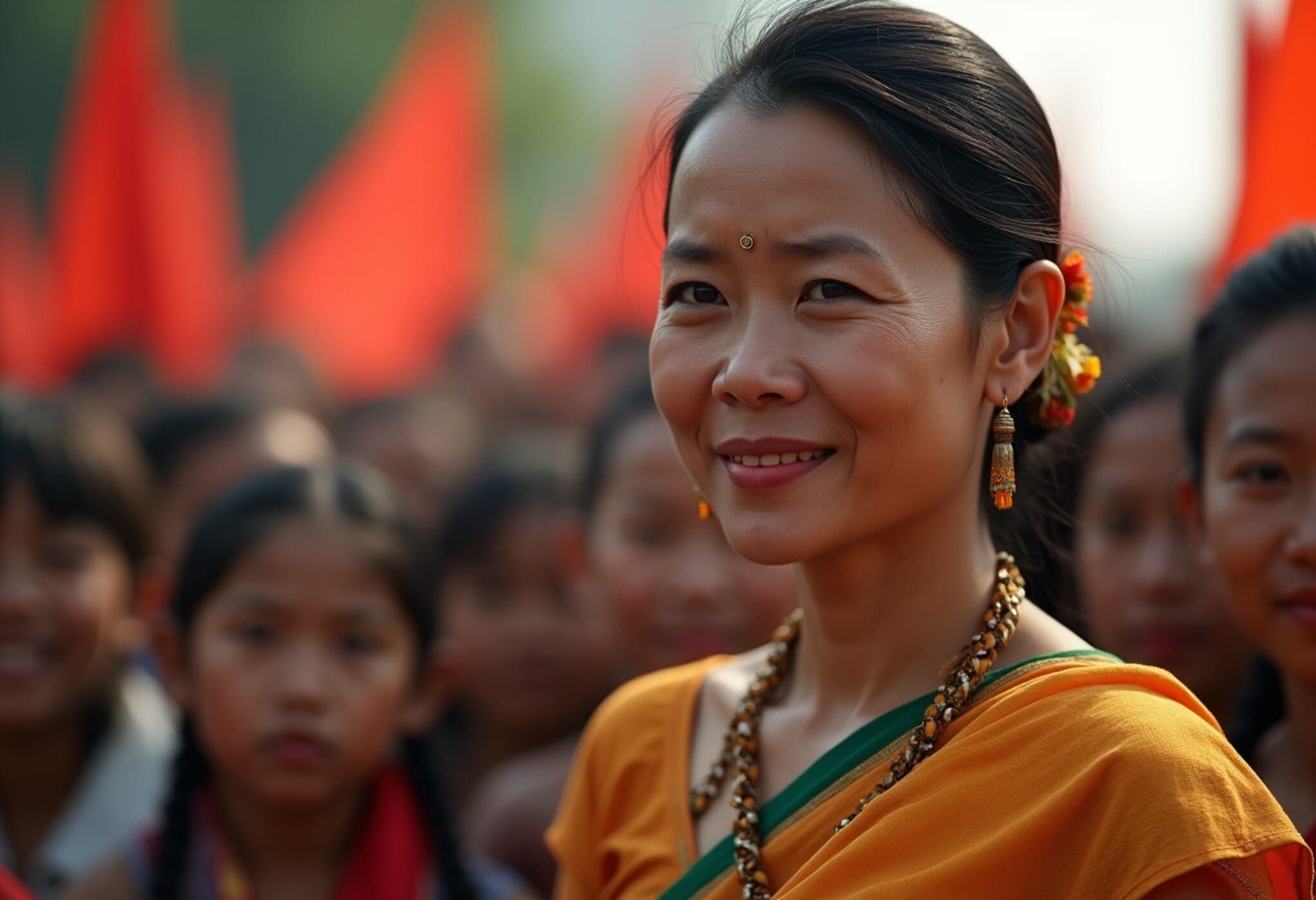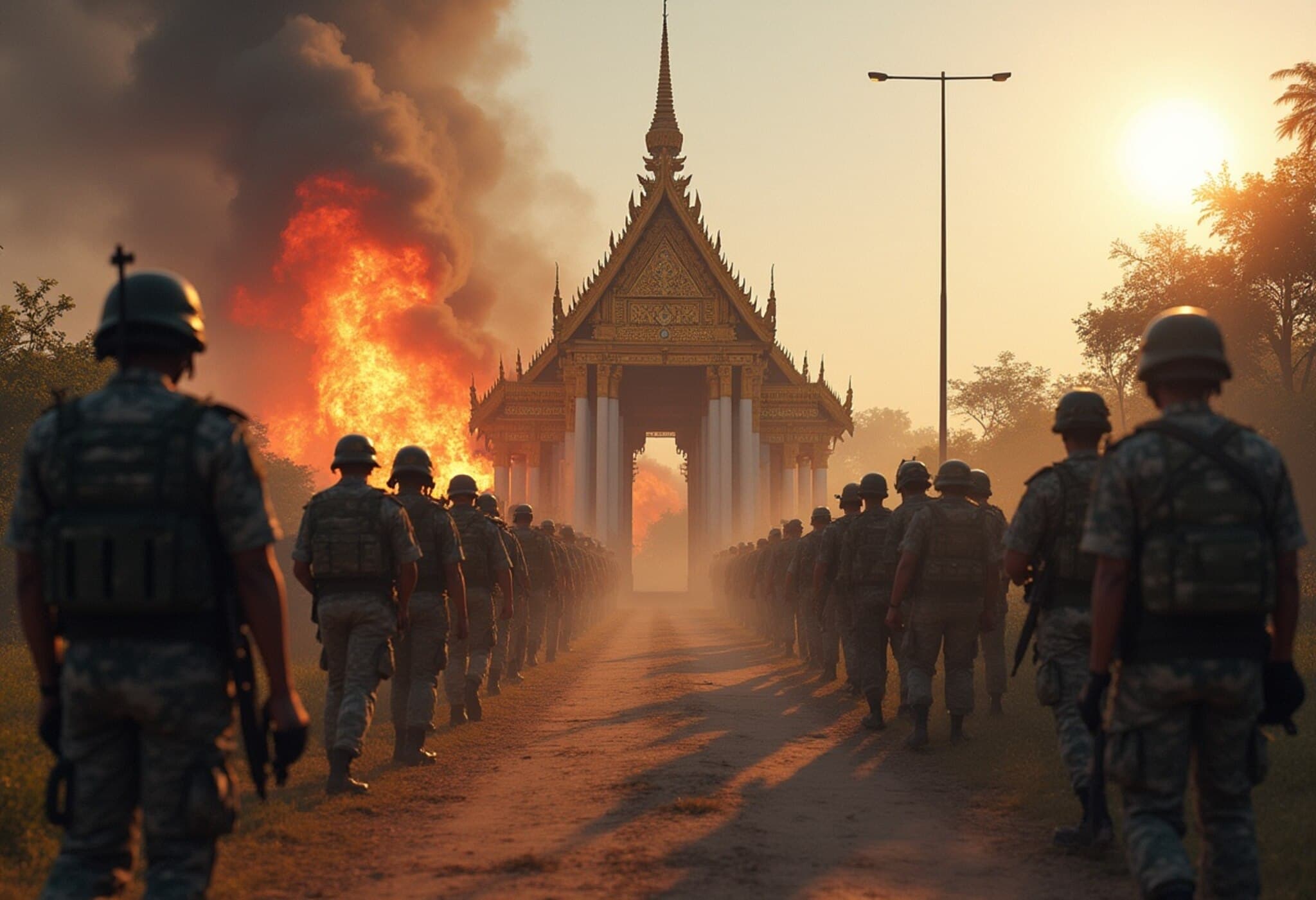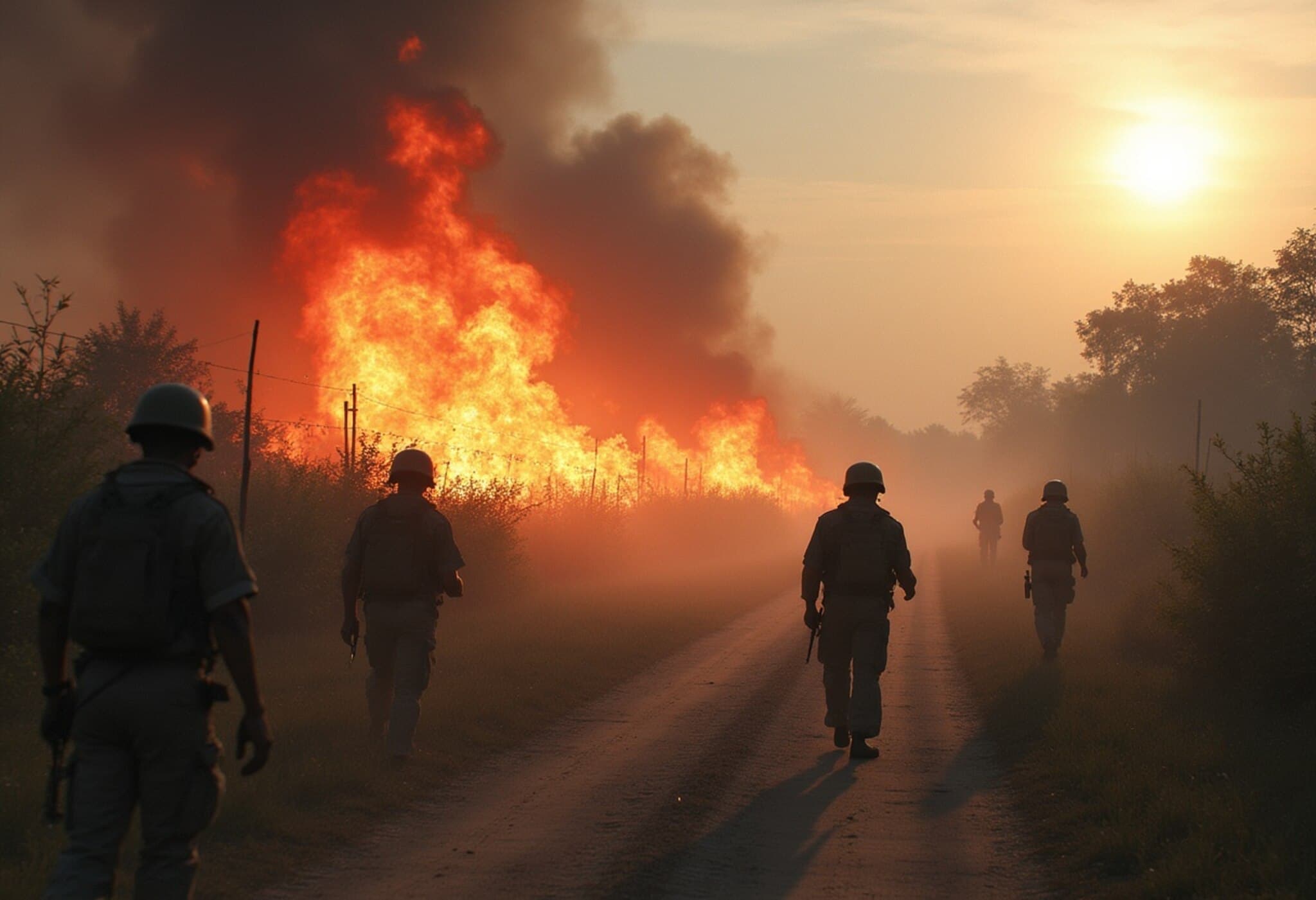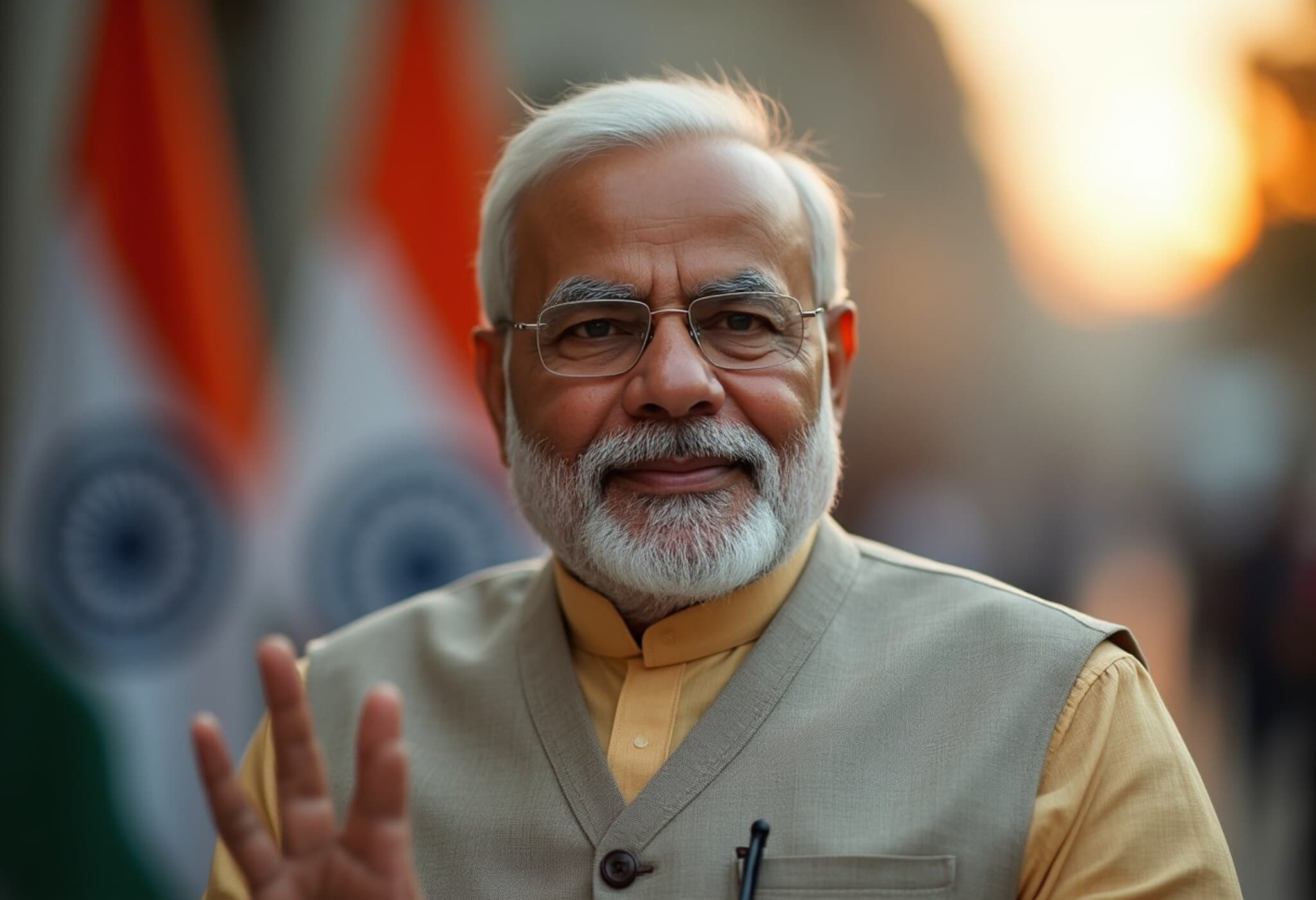India Closely Watches Thailand-Cambodia Border Clashes
Amid intensifying military confrontations between Thailand and Cambodia, India has announced vigilant monitoring of the unfolding crisis that has tragically resulted in dozens of deaths and forced nearly 150,000 people to flee their homes. The Ministry of External Affairs (MEA) emphasized its commitment to safeguarding Indian nationals in the region by issuing urgent travel advisories and encouraging caution.
Rising Tensions Impact Indian Travelers
Speaking on July 27, MEA spokesperson Randhir Jaiswal underscored India’s strong, amicable ties with both Southeast Asian neighbours and expressed hope for a swift de-escalation. "We are closely monitoring the situation along the Cambodia-Thailand border," Jaiswal said. "We urge both sides to take measures to halt hostilities and prevent further escalation. Indian travellers in the region should contact our embassies for any assistance."
This advisory comes as India strongly recommends its citizens avoid areas near the conflict zones. On Saturday, the Indian Embassy in Cambodia tweeted, "In view of the ongoing clashes at the Cambodia-Thailand border, Indian nationals are advised to avoid travelling to border areas." Previously, a similar alert was issued to Indian nationals in Thailand, urging them to steer clear of seven provinces deeply affected by the disputes.
Why This Matters to India
Thailand remains one of the most beloved destinations among Indian tourists, with estimates suggesting over 2 million Indian visitors travelled there in 2024 alone. Consequently, these clashes not only pose immediate safety risks but also threaten to disrupt the robust people-to-people connectivity that India shares with Southeast Asia.
Background of the Conflict
The hostilities erupted suddenly on Thursday along a historically contested border area, claiming at least 32 lives and displacing approximately 150,000 people. Both nations have escalated diplomatic tensions by recalling their ambassadors and shutting key border checkpoints, complicating hopes for quick resolution. The United Nations Security Council convened an emergency session on Friday to call for calm and encourage the Association of Southeast Asian Nations (ASEAN) to mediate peace efforts.
Expert Insights: Geopolitical and Regional Implications
Experts point out that this border conflict highlights deeper unresolved territorial claims dating back decades, compounded by nationalistic fervor within both countries. From New Delhi's perspective, the instability brings economic and strategic concerns. India’s "Act East" policy hinges on seamless cooperation with ASEAN countries to boost trade, connectivity, and security partnerships. Persistent conflicts threaten to undermine these objectives, making diplomatic balancing crucial.
Furthermore, disruptions near this volatile frontier could ripple across regional supply chains and impact cross-border infrastructure projects involving India and ASEAN members. Indian policymakers must therefore watch closely, calibrating responses to both reaffirm regional stability and ensure the safety of Indian citizens abroad.
What Should Indian Travelers Do?
- Heed official travel advisories and avoid border areas experiencing conflict.
- Register with the nearest Indian embassy or consulate and keep emergency contacts handy.
- Maintain regular communication and stay informed through reliable government and local sources.
- Prepare contingency plans for evacuation or other urgent assistance, if necessary.
Looking Ahead: Navigating Complex Border Disputes
The Thailand-Cambodia clashes underscore the fragile nature of border nationalism and the potential for localized disputes to spiral into wider crises. For India, an emerging global player with vested interests in Asian stability, the situation is a reminder that diplomatic vigilance and proactive engagement remain indispensable. While hopes for peaceful resolution persist, the international community's role—especially ASEAN and the UN—will be pivotal in steering these nations back to dialogue and reconciliation.

